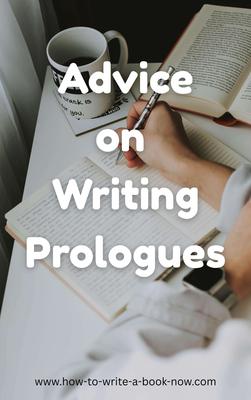Should I use real-world locations or fictional locations for specific places?
Question: I'm writing a contemporary romance novel, and I wonder if I should use real locations or fictional locations when it comes to very specific places like the street the protagonists live.
I've read books that use very specific locations that you could google it and find out where it exactly is.
Meanwhile, there are some other books that take place in a specific city but use fictional neighborhoods; however, the most famous places that represents that city still exist in the books. For example, if a story takes place in New York, the protagonists might live in an apartment that doesn't really exist, however, the fifth avenue, wall street, and other places that are symbolic for New York are still mentioned in the book.
I'm not living in the location where my story takes place, so I think it will be easier for me to create a fictional neighborhood, but I want to know which one is better.
Answer: It's not about which approach is better or worse. Each has advantages and disadvantages and you are free to choose.
Sometimes a specific setting is extremely important in a story. The character of the place, its culture, history, and icons may be important in terms of their symbolism or role in the plot. Shedding a light on a particular place that few people know about may be a
On the other hand, many successful romances seem to take place in generic towns or cities that are practically interchangeable.
You have do decide as a writer whether you are writing a romance that just happens to take place in New York, or a story about New York that just happens to involve a romance. It's your choice where to put the emphasis.
Creating a fictional location within an otherwise real setting is a useful approach that gives you the best of both worlds. You have the freedom to design your setting to suit your plot. It also avoids causing problems for anyone who happens to live at an actual address mentioned in your story.
At the same time, some genuine landmarks give authenticity to your story and let the reader have the vicarious experience of learning about a place they may never have visited.
Again, you have to weigh the advantages and disadvantages. There's no answer that's right for every story.
Ask yourself what interests you in writing this story. Is it the characters, the place, the subject matter, the plot twists, etc.? Strive for authenticity in the areas that most interest you.
One final tip: if you are writing a category romance, you should check on the publishers' websites to see if setting is an important feature within that category.
Comments for Should I use real-world locations or fictional locations for specific places?
|
||
|
||
- Home
- Writing Questions
- Should I use real-world locations or fictional locations for specific places?















